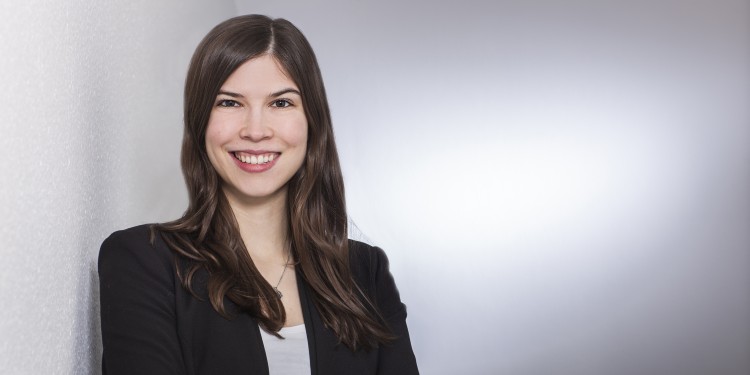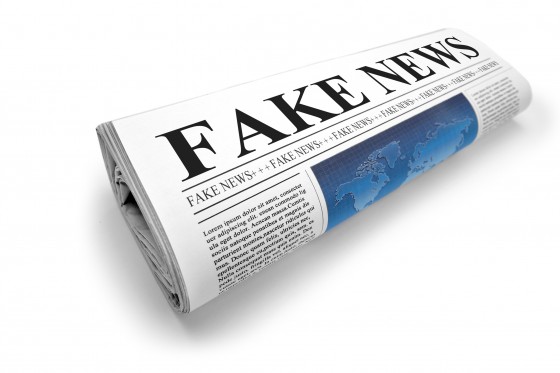
Lying media, fake news and alternative facts
Today everyone is talking about "lying media", "fake news" and "alternative facts", and a lot of people – including many in the academic world – are thinking about the connection between trust, mistrust and journalism. In most cases, it is a question of trust or mistrust felt towards journalism. What is just as important for our society, though, is the question of trust and mistrust within journalism itself.
My dissertation on "The presentation of trust, mistrust and problems of trust in the media in the context of digitalization" deals with precisely this question: specifically, how the media report on relationships which, in a digital context, are characterized by trust, mistrust or problems of trust – and which I describe collectively as dimensions of trust. I have focused on a longer period of time (2002-2015) in order to be able to include any possible changes. The following presents some of the results of this work, which was carried out in the Research Training Group "Trust and Communication in a Digitalized World".
An analysis of the content of over 2000 articles from Spiegel, Spiegel Online, taz, Stuttgarter Zeitung and Kölner Express shows that since 2002 there has been a strong increase in reporting on trust, mistrust and problems of trust. In other words, we read ever more frequently in the media about who trusts or mistrusts whom, or trusts them less, in the context of digitalization. Almost two-thirds of this articles name reasons for the dimension of trust, which makes it easier for the public to understand how trust, mistrust and problems of trust have arisen.

Why is it important to undertake more detailed research into how the three dimensions of trust are presented in the media? The answer is in the guidance which the media provide for readers. Regardless of whether they trust or mistrust the media, many people get their knowledge of the world from reports in the media. This gives journalism the function of a mediator and it can influence whether, and to what extent, the public develops trust, mistrust or problems of trust towards the entities being reported on, i.e. the USA or Volkswagen. So ultimately the issue here is the existence of trust, mistrust and problems of trust as a result of journalism. Such guidance is important – with regard especially to the complicated digital world, with the wide range of opportunities and risks which it presents. This means that social networks, for example, can contain debates and discussions which are both valuable and enriching for society, or they enable new friends or acquaintances to be made. At the same time, though, and precisely here on social media, we also often find comments which are racist, unobjective and rude; or filter bubbles are produced which can further divide society. In order to understand better the effect, described above, which media reporting has on the public, people working in the field of communications studies must first of all find out how exactly the three dimensions of trust are reported on within journalism. Besides the content of the reporting itself, other factors are also relevant. For example, communications studies undertaken so far have already shown another important factor which has an influence: whether, and to what extent, there is trust felt towards journalism.
The author, Katherine M. Grosser, works as a research associate at the Department of Communications at the University of Münster. The focus of her research is on journalism and trust, political communication, and terrorism and the media.
